Frozen durian exports to China increased 3 times
According to the report of Ministry of Agriculture and Environment (NN&MT), the export turnover of agriculture, forestry and fishery products in the first 6 months of 2025 reached 33.84 billion USD, an increase of 15.5% over the same period in 2024. Of which, China ranked 2nd in export market, accounting for 17.6% of the total export turnover of agriculture, forestry and fishery products of Vietnam.
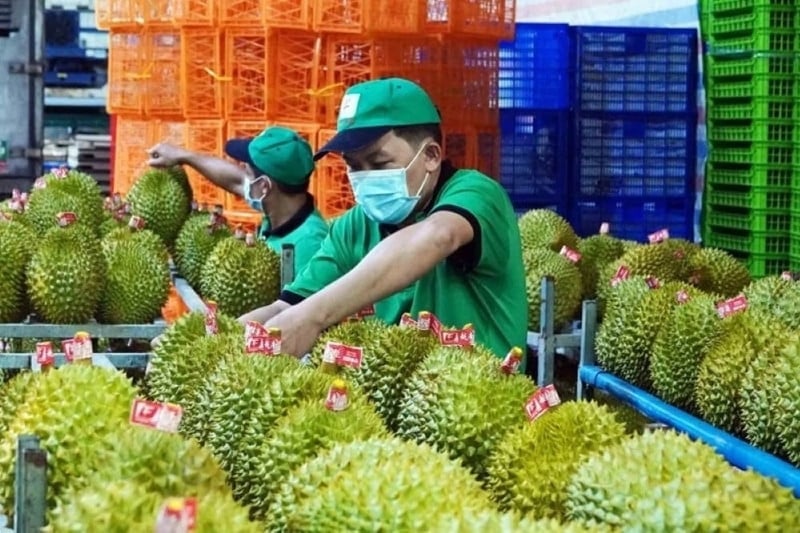
As for durian, as of June, Vietnam had 1,396 growing area codes and 188 durian packing facilities that were granted codes, qualified to export to China. All data has been digitized and integrated into the national traceability system, contributing to increased transparency and improved management efficiency. Currently, there are 24 Cadmium testing laboratories and 14 O-yellow testing laboratories approved by the General Administration of Customs of China (GACC), ensuring that they meet the requirements of the Chinese market.
Mr. Do Hong Khanh, Chief of Office of the Department of Crop Production and Plant Protection (Ministry of Agriculture and Environment) said that in 6 months, Vietnam exported 5,217 batches of fresh durian with a total output of nearly 130,000 tons. Notably, frozen durian achieved a breakthrough result when exporting 388 batches, equivalent to 14,282 tons, three times higher than the same period last year.
Mr. Do Hong Khanh also commented that fresh durian exports are likely to recover from the third quarter of this year, especially during the main crop season from August to October. However, the level of recovery still depends largely on whether businesses and farmers can maintain food safety conditions as committed. If violations continue to recur, the export risk for this industry is still very high.
In addition, the export potential of frozen durian will continue to be a bright spot thanks to its stability and long-term preservation ability. Currently, many businesses are ready to invest in modern processing lines and cold storage, meeting the standards of China and potential markets such as Korea, Japan, EU, etc. “For durian to develop sustainably, it is necessary to continue strengthening chain linkages, improving quality and strictly complying with international regulations,” Mr. Do Hong Khanh emphasized.
Support to bring fruit and vegetable exports back on track
China is now the market export of vegetables and fruits Vietnam's largest. Currently, China has reduced tariffs on more than 8,000 imported goods from Vietnam (including fresh fruits) within the framework of the ASEAN - China Free Trade Agreement (ACFTA), opening up many opportunities for businesses to access this large market.
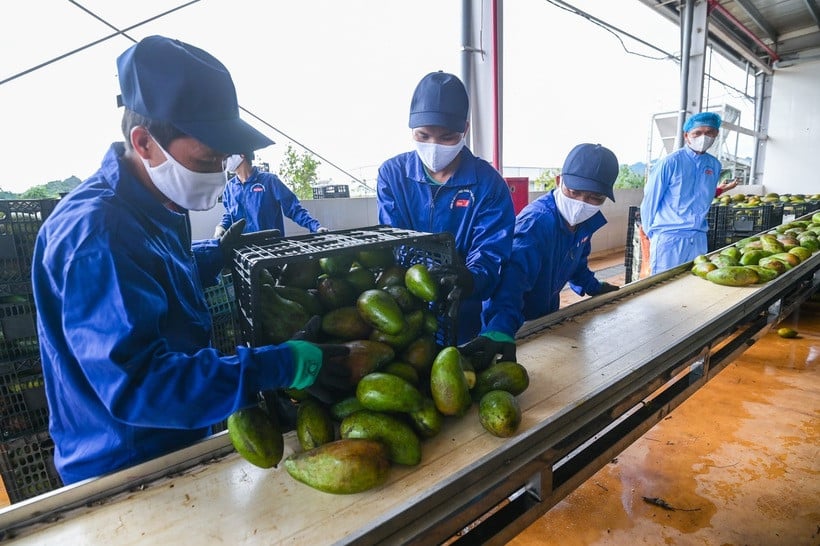
To support businesses in taking advantage of opportunities in this market, the Ministry of Agriculture and Environment said it will focus on implementing solutions to remove obstacles and promote exports to the Chinese market. At the same time, it will improve compliance with importing countries' regulations on plant quarantine and food safety to maintain the market, especially high-value items that are being tightly controlled by the import market.
Grasp information, monitor customs clearance, import and export of agricultural products through the Northern border gate area to promptly handle problems arising during the main agricultural harvest season.
Strengthen trade promotion, increase exports of fruit products that have been officially exported and have advantages in increasing market share such as fresh coconut, dragon fruit, jackfruit, banana, watermelon, mango, longan, mangosteen, lychee, rambutan, passion fruit, durian.
Continue to negotiate and promote official exports to limit risks for the industry chain and farmers. Strengthen international cooperation, organize bilateral meetings with national plant protection agencies to quickly resolve problems arising in the trade process between the two sides. Focus on improving quality, standardizing packaging facilities and meeting the basic requirements of the import market.
Regarding durian, the Ministry of Agriculture and Environment said that it has officially invited a team of experts from GACC to Vietnam to conduct a field inspection of the durian production and export chain from July 12 to 17, 2025.
This field inspection by GACC is an opportunity for Vietnam to demonstrate its capacity to control the quality of its durian export chain. At the same time, it affirms its commitment to comply with food safety standards of the other side. China is currently the largest consumer market for durian in Vietnam.
Along with supporting production and market opening, the Ministry also supports technical factors for export enterprises. Specifically, according to regulations, when enterprises register their records on the registration system for enterprises importing food into the Chinese market (CIFER) of the General Administration of Customs of China, they must declare the enterprise address.
From July 1, 2025, Vietnam will apply a two-tier local government model, including provinces and communes, with 34 provinces, cities and 3,321 communes nationwide. Thus, there will be a change in business address compared to the registration file before July 1, 2025.
Pursuant to Article 19, Order 248 of GACC: "During the effective period of registration, if the registration information of the imported foreign food production enterprise changes, the change dossier shall be submitted to the General Department of Customs (now the Customs Department) through the registration channel".
On June 19, 2025, at the 92nd Session of the SPS-WTO Committee in Switzerland, the Vietnam SPS Office coordinated with the Permanent Delegation of Vietnam in Geneva (Switzerland) to organize a bilateral meeting with representatives of the General Administration of Customs of China and the Permanent Delegation of China in Geneva, Switzerland to inform about this. At the same time, it requested the General Administration of Customs of China to coordinate, support and find solutions to avoid disrupting the export of agricultural products and food from Vietnam to China according to Regulation 248...
Mr. Ngo Xuan Nam, Deputy Director of the Vietnam SPS Office, recommends that enterprises exporting agricultural products and food under Order 248, in case the goods arrive at the border gate and have problems with regulations on registering business names and addresses, etc., contact the Vietnam SPS Office directly for support.
Source: https://baoquangninh.vn/khoi-phuc-xuat-khau-rau-qua-sang-trung-quoc-da-dang-cac-giai-phap-ho-tro-3365779.html


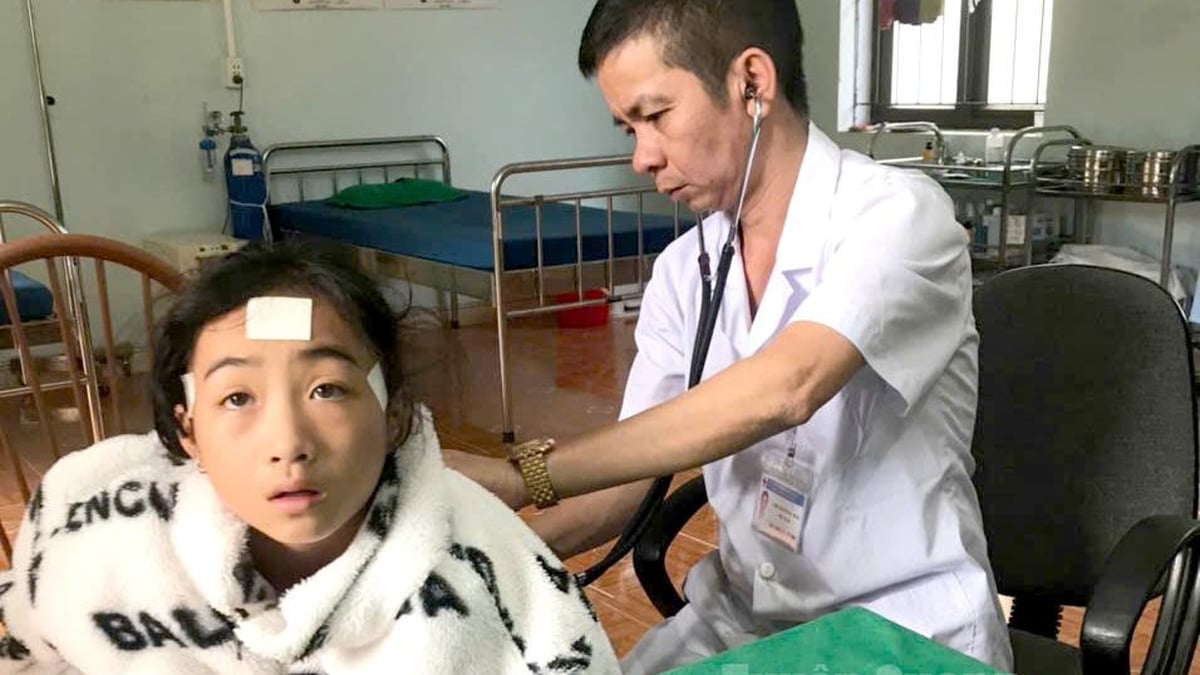
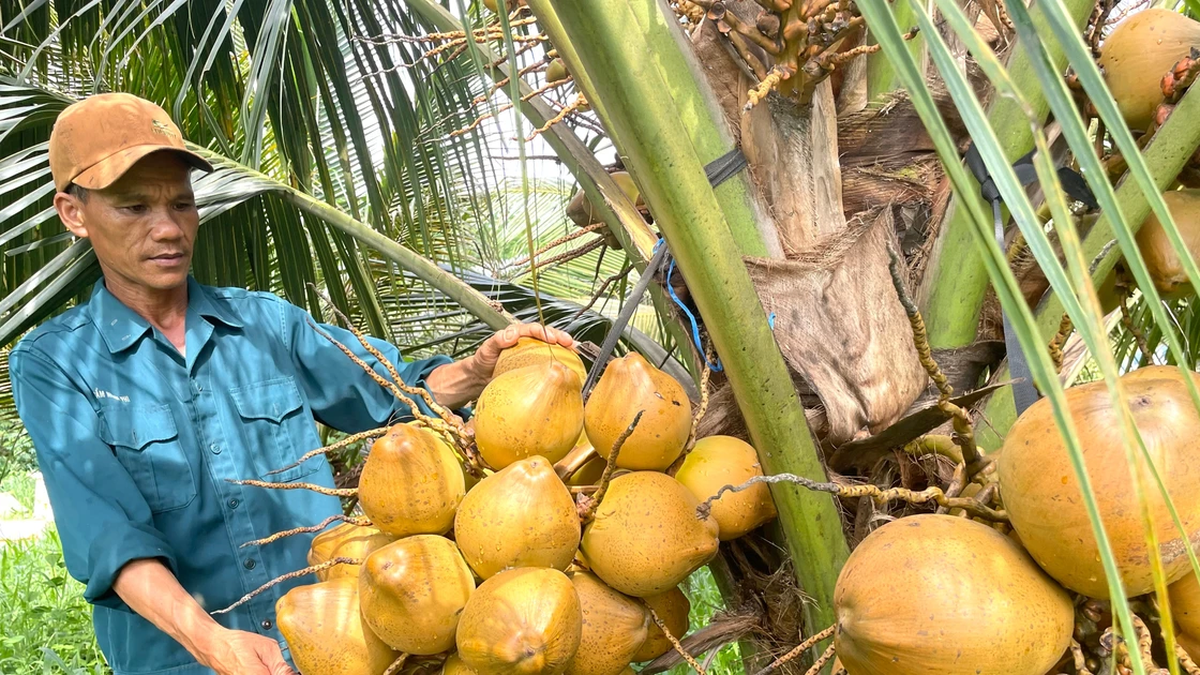
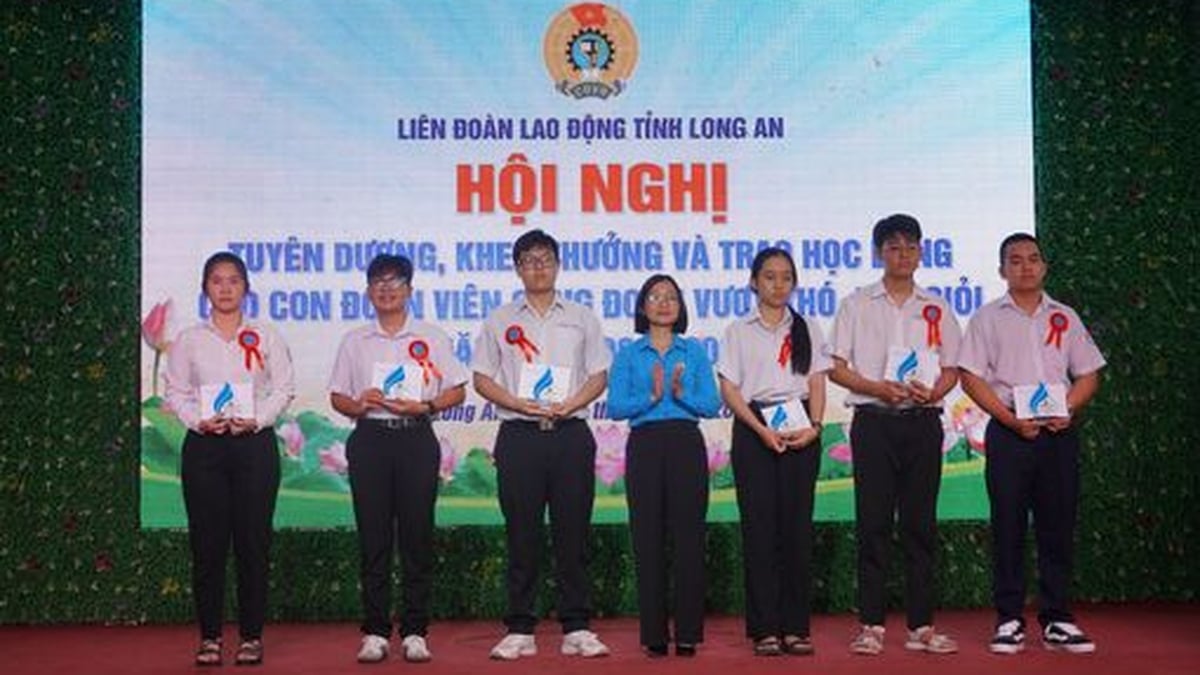

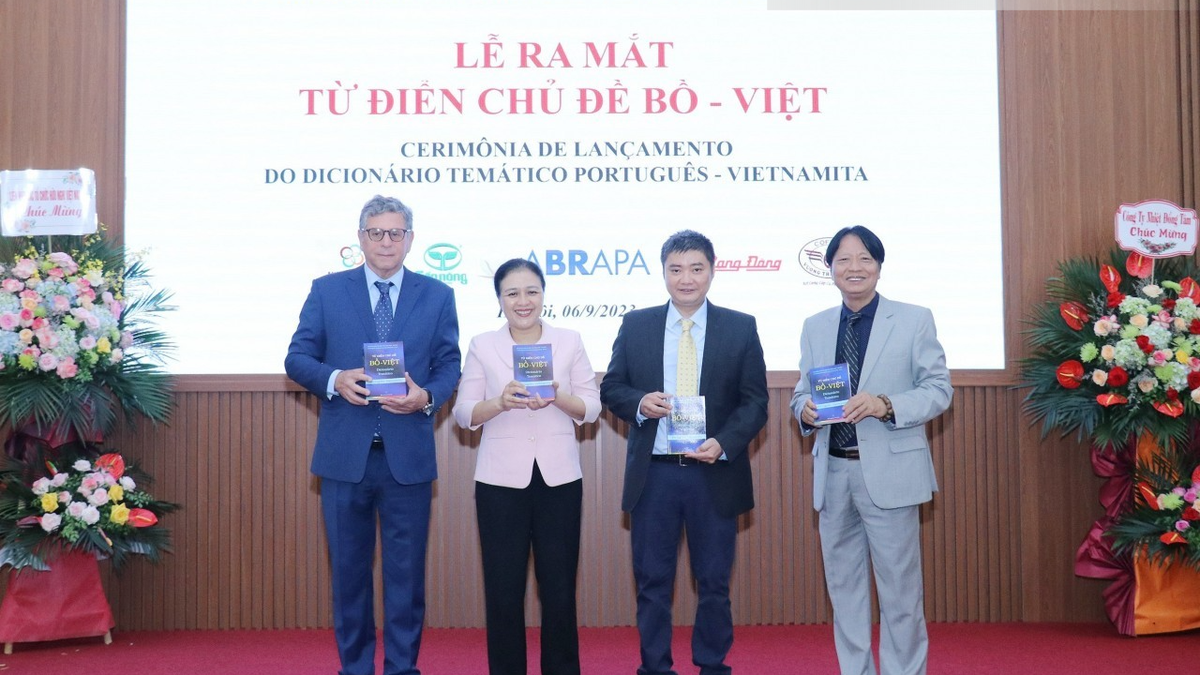


































































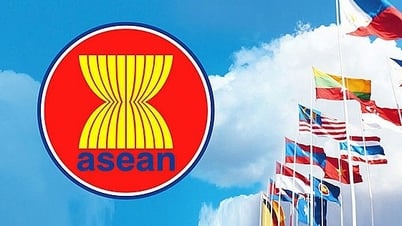




















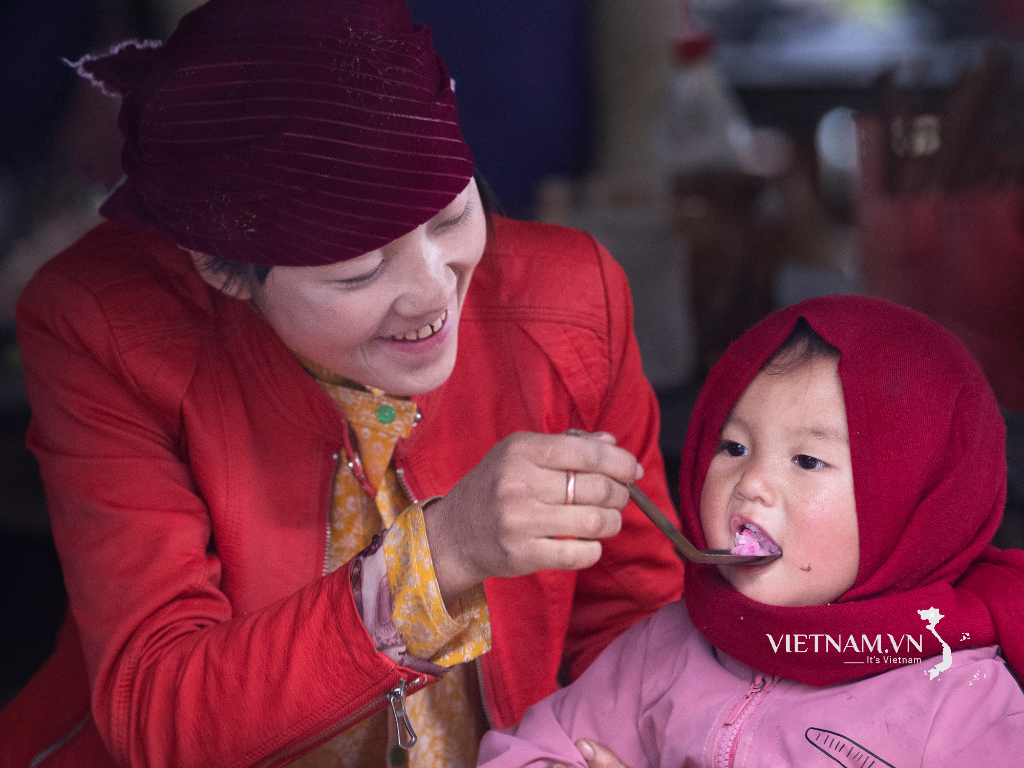

Comment (0)